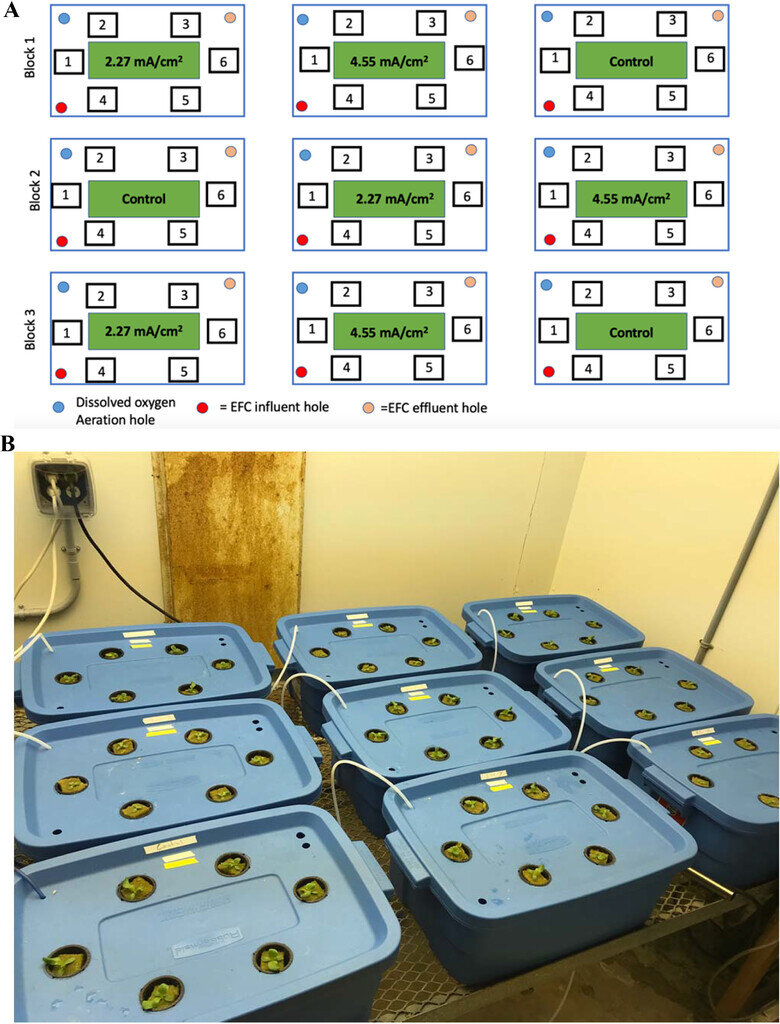Sustainability and environmental consciousness are increasingly important to universities, especially as their students become more aware of the impact that their daily lives have on the planet. Universities across the world are searching for ways to implement sustainable practices in all aspects of campus life, and one such initiative at the University of California, Santa Barbara (UCSB) is the Edible Campus Program.

Launched in Spring 2017, the Edible Campus Program is introducing hydroponic vertical gardens to the UCSB campus. The towers are situated between the MAC gym and the soccer fields and use no soil, relying instead on a sophisticated water misting system to deliver nutrients straight to the plant roots. This method of gardening is highly efficient and productive, requiring far less water and fertilizer than traditional agriculture, while producing higher yields.
UCSB has teamed up with a local company committed to providing high-end image planning services. This partnership provides a comprehensive solution to the design and implementation of the hydroponic system. The company’s highly skilled technical team oversees the installation of the gardening system, as well as the online image planning design. The goal is to create a seamless experience and provide customers with professional and comprehensive services.
The hydroponic system is revolutionizing the way students and faculty at UCSB think about sustainable agriculture. This efficient method of gardening allows them to grow a range of vegetables, fruits, and herbs successfully in areas with limited space or unfavorable environmental conditions. Not only is the indoor garden helping to supply the needs of the campus community, but it is also bolstering the university’s commitment to environmental sustainability.
Hydroponic gardening has many advantages over traditional farming methods. Because it does not require soil, it can be used in all sorts of environments and can be set up indoors or outdoors. The water and nutrient solution can be tailored to the specific needs of the plants, providing the perfect balance of nutrients and water for optimal growth. This method of gardening also allows for a more precise control over pests and disease, reducing reliance on pesticides and herbicides.
“Hydroponic gardening is a great way to engage the community in sustainable agriculture practices,” says a spokesperson for the company. “It’s an incredibly efficient and productive method of growing crops, and it’s also relatively easy to set up and maintain. We’re excited to be a part of the Edible Campus Program and supporting the mission of sustainable agriculture.”
UCSB believes that sustainability should be a top priority for all institutions of higher learning. The Edible Campus Program’s hydroponic gardens represent just one of the many projects that the university has initiated in pursuit of its goal. The system is proving to be successful in improving the quality of food and decreasing the environmental impact of the university.
The hydroponic garden project is also providing opportunities for students to learn about sustainable agriculture, food production, and environmental management. The students working on the project learn how to take care of plants, understand the science behind the process, and experience the satisfaction of growing their food.
As UCSB continues to expand its sustainability initiatives over the coming years, it hopes to inspire other universities and communities to make the same kind of commitments. We are currently in a time of great change for the planet, and it is crucial that educational institutions take on a leadership role in promoting conservation and echoing the message of sustainability.
In conclusion, the Edible Campus Program’s hydroponic garden project is transforming campus sustainability at UCSB. This innovative and productive method of gardening offers many advantages over traditional forms of agriculture, and the university’s partnership with a local company providing top image planning services ensures that it is done in a way that is visually professional and seamless. With the success of this project, UCSB continues to inspire other universities and communities to make similar efforts towards sustainability, contributing to a brighter future for the planet.